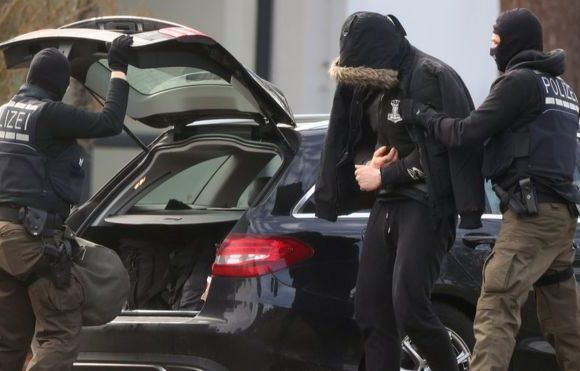
The European country of Germany, struggling to overcome the threat of far-rightist politics, has suspended as many as eight police officials.
It is not the first time that the German government has taken a strict action to weed out far rightist elements from its police service.
The suspended officials are accused of participating in online discussions supporting far-rightist politics.
Far-rightist politics is the biggest threat the European country is facing at this juncture.
Not only Germany, both also the entire Europe has witnessed the rise of far-rightist politics.
It is feared that the rise of this politics sweeps away the understanding between European countries nourished by the powerful multilateral organisation of European Union.
Germany is the most powerful country in the European Union. It is not wrong to assume that Germany is the backbone of the union.
The rise of far-rightist politics in Germany, in that sense, is definitely a serious threat to the future of the unity of the European Union.
Photo Courtesy: Google/ images are subject to copyright




